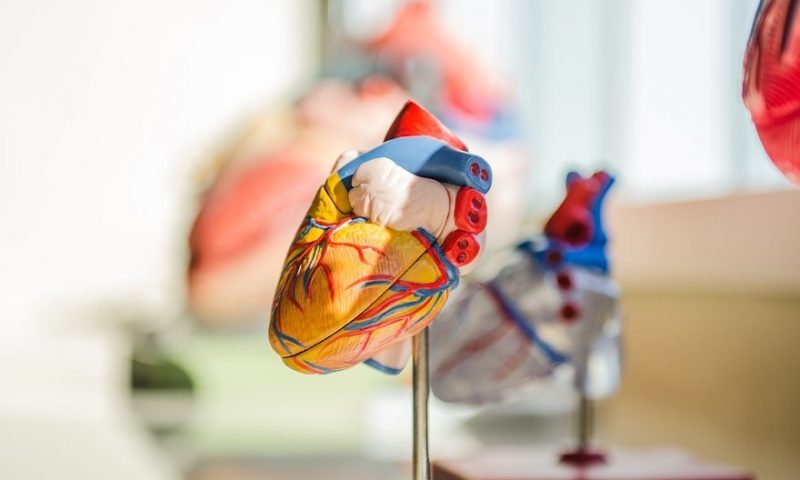Ionis’ heart disease drug has had many names over the years, and, now, it has yet another plus a Big Pharma partner in AstraZeneca and billions in potential biobucks possible down the line.
The two companies have closed a development and commercialization deal for $200 million upfront, $485 million in additional conditional payments and, last but not least, up to $2.9 billion in sales-related milestone payments later on, according to a Wednesday release. The deal was announced earlier in December and has now closed, according to an AstraZeneca statement.
Eplontersen is the drug at the heart of the deal, formerly known as IONIS-TTR-LRx and at one time AKCEA-TTR-LRx. Ionis has been developing the therapy to treat all types of TTR amyloidosis (ATTR), a rare disease caused by abnormal deposits of amyloid. These misfolded proteins can cause the heart’s chambers to stiffen up and eventually fail. There are several different types of the disorder, including hereditary and wild-type.
ATTR has been having a moment in 2021. Just yesterday, BridgeBio announced a disappointing failure of its candidate in a late-stage study. The biotech’s asset would’ve competed with Alnylam’s Onpattro, which is approved for one type of ATTR and is also being tested in the same condition as the failed BridgeBio study. In addition, Intellia is working on a gene editing therapy that could be a one-and-done treatment option. Marketed therapies come from Ionis unit Akcea called Tegsedi and Pfizer’s Vyndaqel.
AstraZeneca is putting a lot of money on the line to get in on the ATTR game, but the U.K. pharma giant has big expectations for the phase 3 drug: The major proportion of milestone payments are based on sales thresholds between $500 million and $6 billion. The deal will see the two companies working together on development and commercialization in the U.S., and AstraZeneca will take the lead on activities in the rest of the world except Latin America.
Ionis completed enrollment for the phase 3 study, called NEURO-TTRansform, in July. The trial includes more than 160 patients with hereditary transthyretin-mediated amyloid polyneuropathy. The drug is an antisense medicine that is expected to inhibit production of transthyretin, which is a protein that forms the amyloid deposits that can cause nerve damage in the body.
Interim results from this study are expected in mid-2022, with a new drug application potentially by the end of the year.
In a phase 1 trial, eplontersen was shown to reduce transthyretin levels up to 94%. The therapy is also being studied in a late-stage trial called CARDIO-TTRansform for patients with hereditary and wild-type cardiomyopathy.
Ionis has developed the drug to be highly potent, with less frequent dosing and a clean safety profile. The therapy was once farmed out to Ionis spinout Akcea for development before that biotech once again became a part of the Ionis family.

